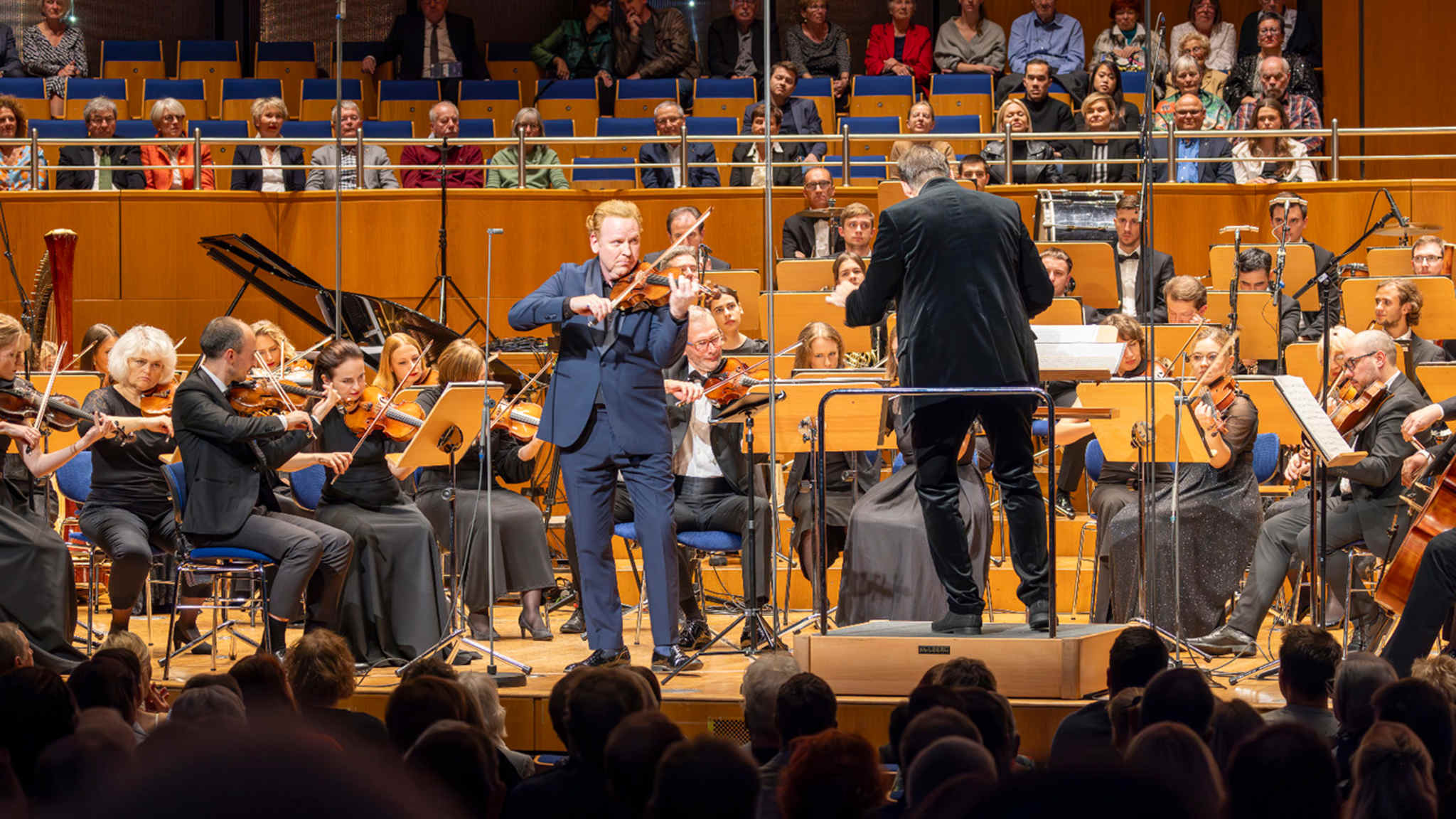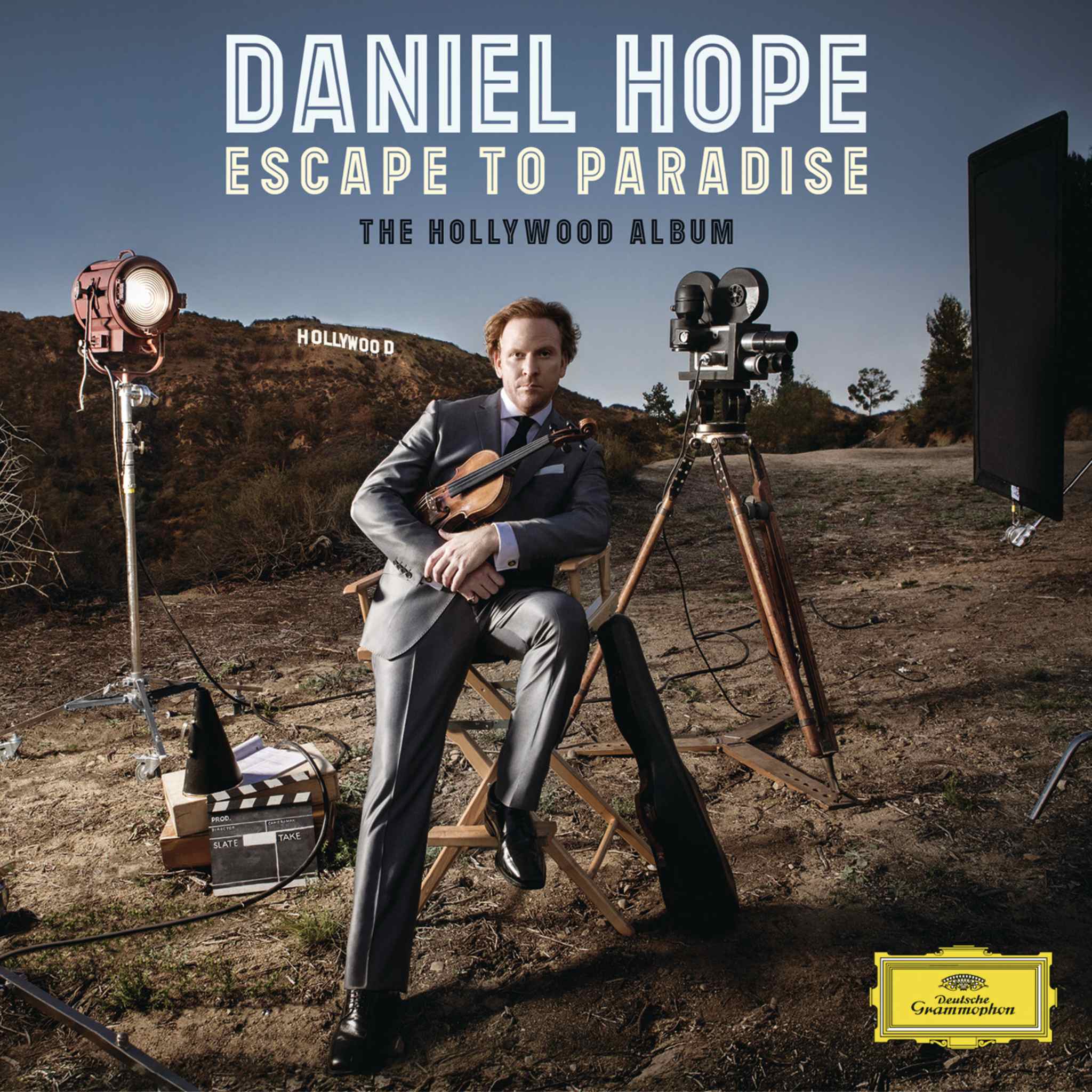Miklós Rózsa: Composer Bridging Hollywood and the Concert Stage
Miklós Rózsa (April 18, 1907 – July 27, 1995) was a Hungarian-American composer celebrated for his significant dual contributions to both film music and concert repertoire. Born in Budapest and influenced early by Hungarian folk traditions, Rózsa’s upbringing was steeped in music. He studied at the University of Leipzig, initially intending to pursue chemistry before shifting to composition, and continued his studies in Germany (1925–1931).
Career Highlights and “Double Life”
Rózsa’s career flourished across several countries. In France (1931–1935), he had early orchestral successes, including Theme, Variations, and Finale (Op. 13), which garnered international notice. Then in the United Kingdom (1935–1940), he achieved renown with film scores such as The Four Feathers (1939) and began his association with movie music. His move to the United States (1940–1995), prompted by World War II and the Hollywood relocation of The Thief of Bagdad (1940), marked the start of one of the great careers in film scoring. He became a U.S. citizen in 1946.
Rózsa is best known for nearly one hundred film scores, including landmark works for “Spellbound,” “Ben-Hur,” and “Double Indemnity,” which showcased his signature blend of traditional and modern musical techniques. His mastery elevated Hollywood film music, earning him 17 Academy Award nominations and three wins: for Spellbound (1945), A Double Life (1947), and Ben-Hur (1959).
Commitment to Concert Music
Despite his Hollywood fame, Rózsa remained devoted to “absolute” concert music throughout his life, often referring to this commitment as his “double life.” His concert works were performed and championed by major artists like Jascha Heifetz, János Starker, and Gregor Piatigorsky. These works are distinguished by their rhythmic vitality and the modal colors of Hungarian folk music.
Legacy
Rózsa’s influence on both film and classical music is significant and lasting. His unique style and commitment to his craft have left a profound impact on the world of music.



